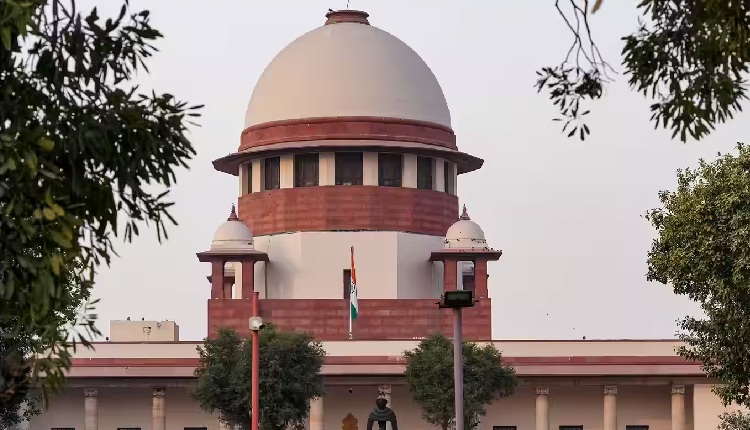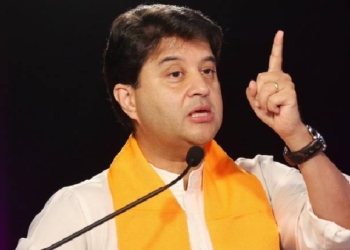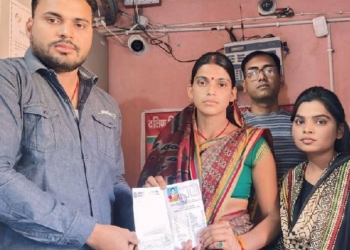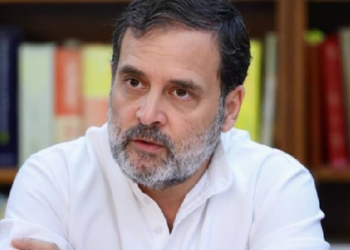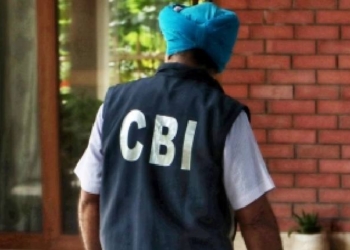However, the apex court stressed that the crime in question was “horrendous” and it is imperative for the Gujarat government to show application of mind in allowing premature release of the 11 convicts, and queried several times saying, why fight shy and not show the remisions files to the court.
A bench of Justices K.M. Joseph and B.V. Nagarathna said the court is interested to see what powers were legally exercised and “for that, if you don’t show us the reason”, then the court is free to draw a conclusion.
Additional Solicitor General S.V. Raju, representing the Centre, submitted that the files came to him on Tuesday only and “let me look at the file and I will come back next week”.
At this, Justice Joseph told Raju: “You have done a perfectly legal thing, nothing to fear… the grant of remission in ordinary cases will not be subjected to judicial review.”
“Today it is this lady (Bilkis). Tomorrow, it can be you or me. Then what standards you would apply… there are objective standards laid down. What is the problem in showing it (files connected with remission of 11 convicts) today?…. we said it earlier, bring it next day, you are in contempt, if you have not produced it. What is the difficulty?” he added. “Why fight shy?”
Raju said: “My instructions are, we are claiming privilege and asking for a review”.
Justice Nagarathna then said: “You will be on a better footing if you show the files to us.” Raju insisted that his instructions are different and therefore he has to follow them.
The bench said it has not stopped the government from filing for the review and queried, in the absence of files if the counsel argues from the files? Raju said: “In the beginning, I said the pleadings are not complete and asked for some time to file a review.”
Justice Nagarathna said in the absence of files, what will be the basis of the arguments of the government’s counsel.
Advocate Shobha Gupta, representing Bilkis Bano, said the state of Gujarat has already filed most of the documents in the court in the counter-affidavit.
Justice Joseph then told Raju: “We do not want to stand in your way in filing the review.”
The bench observed, the question is whether government applied its mind, what material formed the basis of its decision, etc.,
During the hearing, the bench also examined the records of the case and noted that virtually 3 years parole was granted to the convicts while they were serving the sentence. It noted that more than 1,000 days parole was granted to each of them; one convict got 1,500 days parole, and asked: “What policy have you been following?”
After a detailed hearing in the matter, the apex court fixed the matter for further hearing on May 2 but emphasised that the crime in question was “horrendous” and it’s imperative for the Gujarat government to show application of mind in allowing premature release of the 11 convicts.
(IANS)



